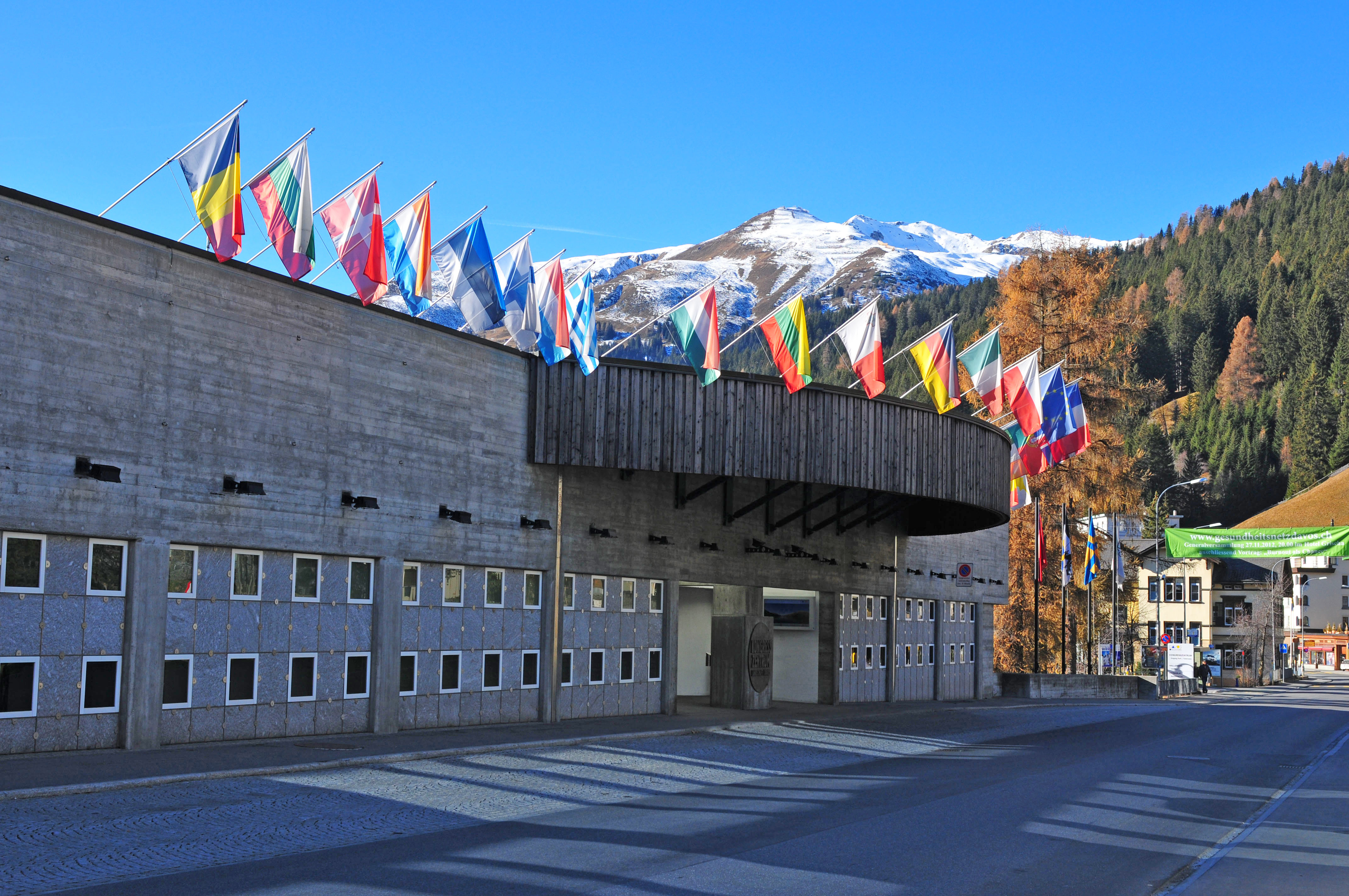
The theme for this year’s annual meeting of the World Economic Forum (WEF) in Davos, Switzerland, is ‘rebuilding trust’.
Starting today (15 January) and running until Friday (19 January), the conference of over 100 government representatives and members of major international organisations is set to focus on “transparency, consistency and accountability”. But what are the event’s implications for trade?
The IOE&IT Daily Update has gone through the agenda to pinpoint some events for importers and exporters to watch out for.
AI in focus
After an opening day concert billed as “an AI-driven immersive experience” and featuring a specially-selected group of "world-class musicians", the second day of the event opens with a dedicated session on AI.
Following the UK’s AI Safety Summit in 2023, it’s likely that this opportunity for international representatives to discuss the technology will focus more directly on its economic impact. Speakers include Zanny Minton Beddoes, editor-in-chief at the Economist, and IBM chairman Arvind Krishna.AI will be the focus of a number of sessions throughout Davos, from a session titled ‘Thinking through Augmentation’, focusing on the likely effects on productivity and labour markets, to another focusing on the implications of AI for the year’s upcoming elections.
Tuesday will also see back-to-back special addresses: the first from Chinese premier Li Qiang and a chaser from Ursula von der Leyen, president of the European Commission. Following them in the afternoon is Volodymyr Zelenskyy, the Ukrainian president.
‘Re-evaluation of sourcing’
Supply chains in the energy sector will also be in focus on Wednesday, as an ‘Energy amid Rivalry’ session sees China Global Television Network host Tian Wei talk energy supply with panellists including Mitsubishi chairman Shunichi Miyanaga and European Commissioner for Energy Kadri Simson. They’re set to discuss the resilience of supply chains in the sector given increasingly turbulent geopolitics in a session dubbed a “must-watch” by the WEF team.
The third day of the event will see attentions turned more fully in the direction of trade, as the event’s ‘Supply Chains of the Future’ session looks at how geopolitics, automation and “changing labour costs” are sparking a “profound re-evaluation of sourcing strategies”.
The session, where speakers include Johnson and Johnson chief technical operations and risk officer Kathy Wengel and Saudi industrial minister Bandar Alkhorayef, will examine what underlies current supply chain strategies as well as “what trade reconfiguration scenarios might impact these strategies in the short and long term”.
Trade could be on the agenda later that day, too, as Argentinian president Javier Milei delivers his own address at a time when EU-Mercosur trade negotiations are proving turbulent, as reported recently by the Daily Update.
Decarbonisation and tech
The subject of AI and technology returns on Thursday, as OpenAI CEO Sam Altman, UK chancellor Jeremy Hunt and Accenture CEO Julie Sweet participate in a session on technology in a turbulent world, looking at issues such as safety and how tech can “amplify our humanity”.
Another interesting session that might yield geopolitical trends from a major global hotspot will be a conversation with Iraqi PM Mohammed Shyaa Al Sudani, hosted by Politico founding editor John Harris.
The future economy
Davos will finish strong, with its Global Economic Outlook.
A star-studded panel, headlined by Kristalina Georgieva, managing director of International Monetary Fund, and Christine Lagarde, president of the European Central Bank, will look at the future of growth and provide an update on what policy-makers expect from the global economy in 2024.



